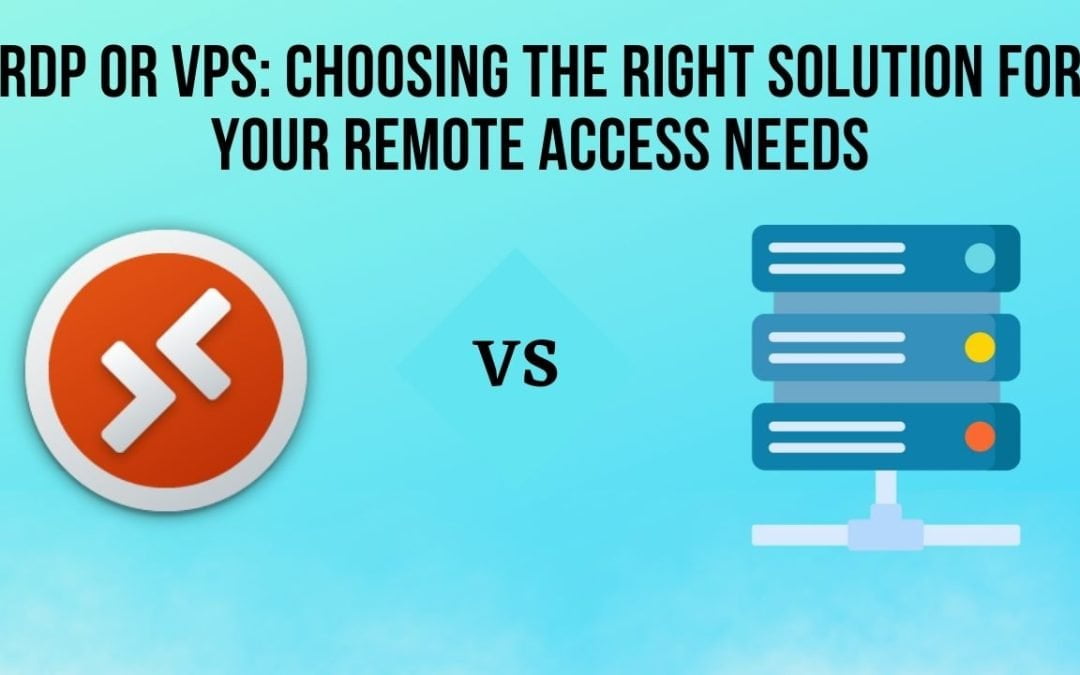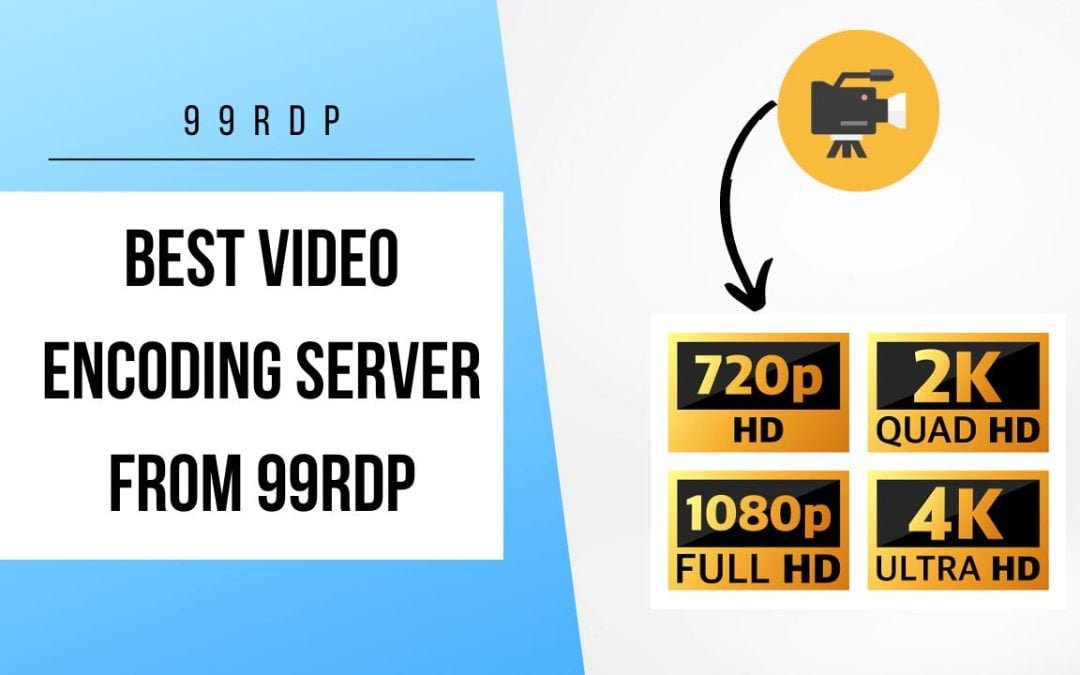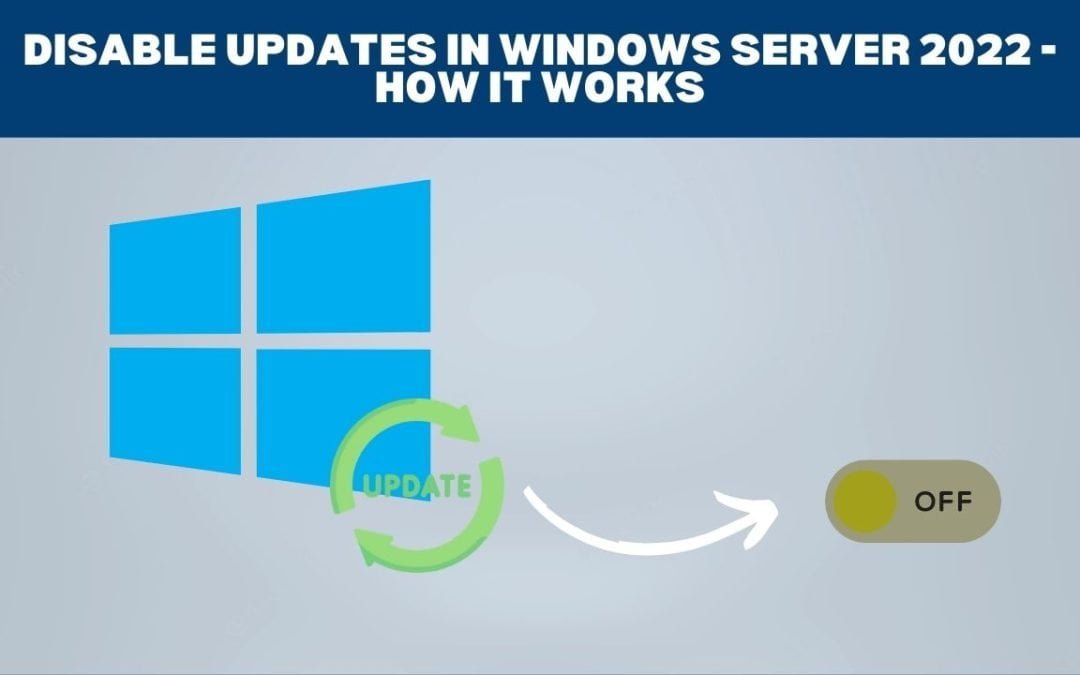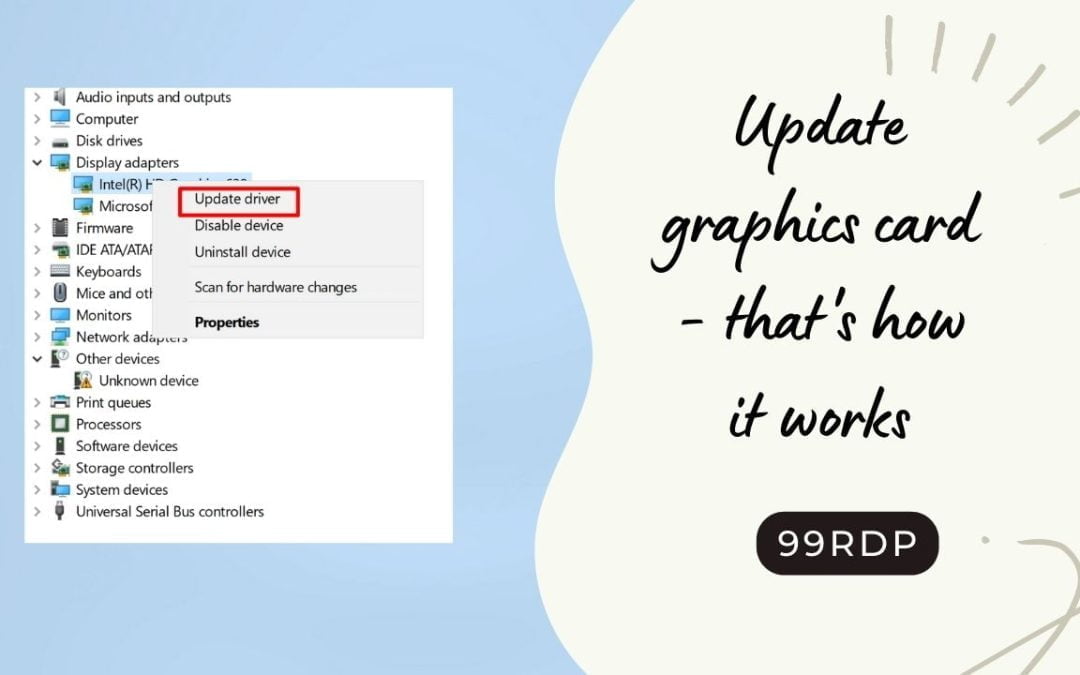Finding the Perfect Server OS for Small Businesses
In today’s digital era, small businesses rely heavily on technology to streamline their operations, improve productivity, and enhance customer experiences. A crucial component of a robust technology infrastructure is a server operating system (OS) that meets the specific needs of the business. Choosing the right server OS is vital to ensure optimal performance, security, and scalability. This blog post will guide small business owners through the process of selecting the best server OS for their unique requirements.

Assess your business needs:
Before diving into the world of server operating systems, it’s essential to understand your business requirements. Consider factors such as the size of your organization, the type of applications and services you use, anticipated growth, and budget constraints. This assessment will help you determine the features and capabilities you need from an OS.
![]()
Consider compatibility and support:
Compatibility with your existing infrastructure and software is a critical consideration. Determine whether the server OS supports the applications and databases you rely on. Additionally, evaluate the level of technical support provided by the OS vendor or the availability of community support. Adequate support ensures timely assistance in case of issues or vulnerabilities.
![]()
Security and stability:
Security should be a top priority for any small business. Look for a server OS that provides robust security features such as built-in firewalls, intrusion detection systems, access controls, and regular security updates. Stability is equally important, as frequent downtime can hamper productivity and disrupt business operations. Research the track record of the OS in terms of stability and reliability.
Cheap Linux VPS RDP | Ubuntu RDP
Scalability and flexibility:
Small businesses often have aspirations for growth. It is crucial to choose a server OS that can scale along with your business. Consider whether the OS supports clustering or virtualization, as these technologies allow for easier expansion and resource allocation. Additionally, evaluate the flexibility of the OS to accommodate future changes in your IT infrastructure.

Performance and resource utilization:
Efficient resource utilization is essential for small businesses, as it directly impacts costs and productivity. Evaluate the server OS’s performance capabilities, including its ability to handle heavy workloads, multi-threading, and efficient memory management. Consider whether the OS offers optimization features or tools that can enhance overall system performance.

User-friendly interface and management tools:
Not all small businesses have dedicated IT personnel, so a server OS with a user-friendly interface and intuitive management tools can significantly simplify system administration. Look for an OS that offers a graphical user interface (GUI) or web-based management console that allows easy configuration and monitoring of the server.

Cost considerations:
Budget constraints are often a key factor for small businesses. While some server OS options come with a hefty price tag, others offer open-source alternatives or more affordable licensing options. Consider the long-term costs of maintenance, support, and upgrades when assessing the overall cost of the server OS.
Overall, Choosing the best server OS for your small business requires careful consideration of your specific needs, compatibility, security, scalability, performance, and costs. By conducting a thorough assessment of these factors, you can make an informed decision that will provide a solid foundation for your business’s IT infrastructure. Remember to stay updated with the latest trends and security practices to ensure your server OS remains secure and reliable as your business grows and evolves.
Best Server OS (F.A.Q)
What factors should I consider when choosing a server operating system for my small business?
- Assess your business needs, including size, applications, growth plans, and budget.
- Consider compatibility with existing infrastructure and software.
- Evaluate security features, stability, scalability, and flexibility.
- Look for performance capabilities and resource utilization optimization.
- Check for user-friendly interfaces and management tools.
- Consider the overall cost of maintenance, support, and upgrades.
Is open-source or proprietary server OS better for small businesses?
It depends on your specific requirements and budget. Open-source server OS options, such as Linux distributions, offer cost savings and flexibility but may require more technical expertise. Proprietary server OS options often come with comprehensive support but may be more expensive. Consider the trade-offs and choose what aligns best with your needs.
How important is security when selecting a server OS?
Security is crucial for small businesses as they handle sensitive data and face potential cyber threats. Look for server OS options with robust security features, regular security updates, and a track record of addressing vulnerabilities. It’s also important to follow best practices such as implementing firewalls, access controls, and strong passwords.
Can I switch server OS in the future if my business needs change?
Yes, it’s possible to switch server OS in the future, but it may involve some challenges and downtime. Therefore, it’s advisable to choose a server OS that aligns with your long-term goals and expected business growth. If you anticipate significant changes, consider an OS that supports virtualization or clustering, allowing for easier migration and expansion.
Can I host multiple websites on a VPS?
Yes, For this you need to buy a Dedicated Server
Payment Methods Available for Our Services
Currently we accept PayPal, Bitcoin, Perfect Money, Webmoney, Payeer, Paytm, UPI, WeChat, AliPay, Credit/Debit Card, BTC, ETH and other Crypto currency.





